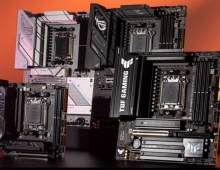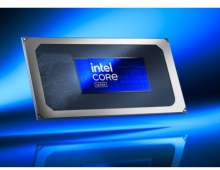
Intel Employee Pleads Guilty To Stealing Company's Confidential Documents
Biswamohan Pani, a former Intel employee has pleaded guilty to stealing confidential documents from the company, according to a plea agreement entered last week between Pani and Carmen M. Ortiz, U.S. Attorney for the District of Massachusetts.
Pani was working at Intel's Massachusetts Microprocessor Development Center on the design of Itanium processors as a low-level engineer. According to his indictment in 2008, Pani on March 2008 was offered a job at Intel's rival AMD, and he joined the company on June 2 2008. Four days before his start date at AMD, Pani used his Intel-issued laptop to access Intel's computer network from outside the company and dounnloaded 13 "top-secret" Intel documents. He copied thge downoaded files files to an external hard disk drive. The documents were describing in detail the processes Intel uses for designing its newest generation processors.
AMD neither requested the information that Pani had downloaded and kept from Intel, nor knew that Pani had taken or would take the information, according to the indictment. Pani is said to have downloaded the documents to further his career at AMD or someplace else.
In the filing before the U.S. District Court for the District of Massachusetts last week, Ortiz recommended six years of incarceration for Pani to the court, instead of the maximum of 20 years on each count, because among other things the government has no evidence that Pani used, sold, transferred, or offered the proprietary information, or any direct evidence of specifically how he intended to use the information.
AMD neither requested the information that Pani had downloaded and kept from Intel, nor knew that Pani had taken or would take the information, according to the indictment. Pani is said to have downloaded the documents to further his career at AMD or someplace else.
In the filing before the U.S. District Court for the District of Massachusetts last week, Ortiz recommended six years of incarceration for Pani to the court, instead of the maximum of 20 years on each count, because among other things the government has no evidence that Pani used, sold, transferred, or offered the proprietary information, or any direct evidence of specifically how he intended to use the information.





















